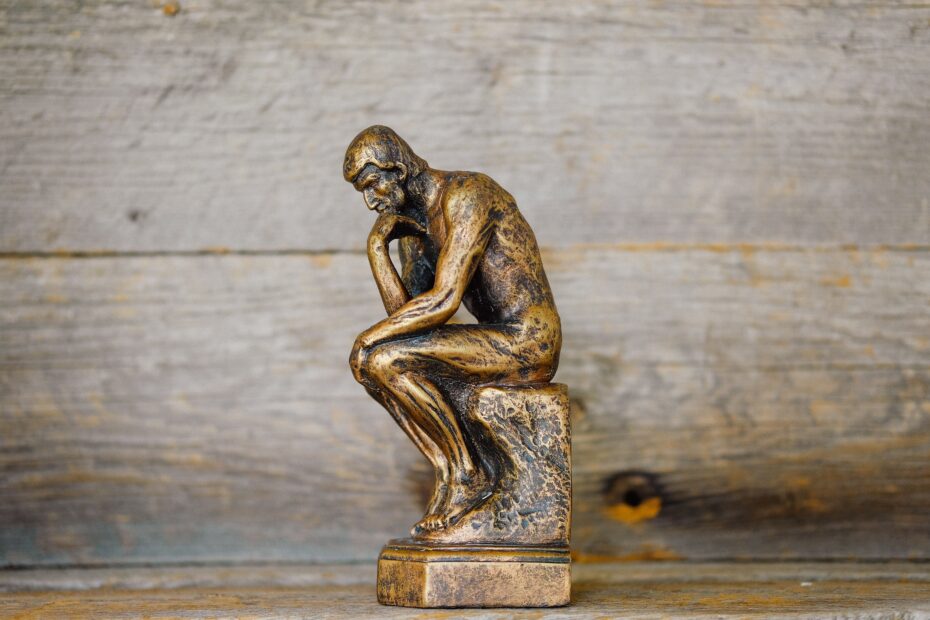In times of war and conflict, when emotions run high and the world seems gripped by turmoil, the importance of civil debate cannot be overstated. Imagine a battlefield where soldiers are entrenched in the heat of battle, where tensions are palpable, and where the very essence of humanity is tested. In such dire circumstances, civil debate may seem like a distant ideal, yet it is precisely during these critical moments that the art of reasoned discourse takes on profound significance.
Consider the historical example of the Cuban Missile Crisis in 1962. The world stood on the brink of nuclear war as the United States and the Soviet Union engaged in a perilous standoff over the placement of nuclear missiles in Cuba. In the midst of this crisis, President John F. Kennedy and his advisors engaged in intense debates within the confines of the White House. These debates were marked by rigorous analysis, differing viewpoints, and a commitment to explore all options before resorting to military action. The result? Diplomacy prevailed, and a catastrophic conflict was averted. Civil debate, even in the most dire circumstances, played a pivotal role in preserving peace.
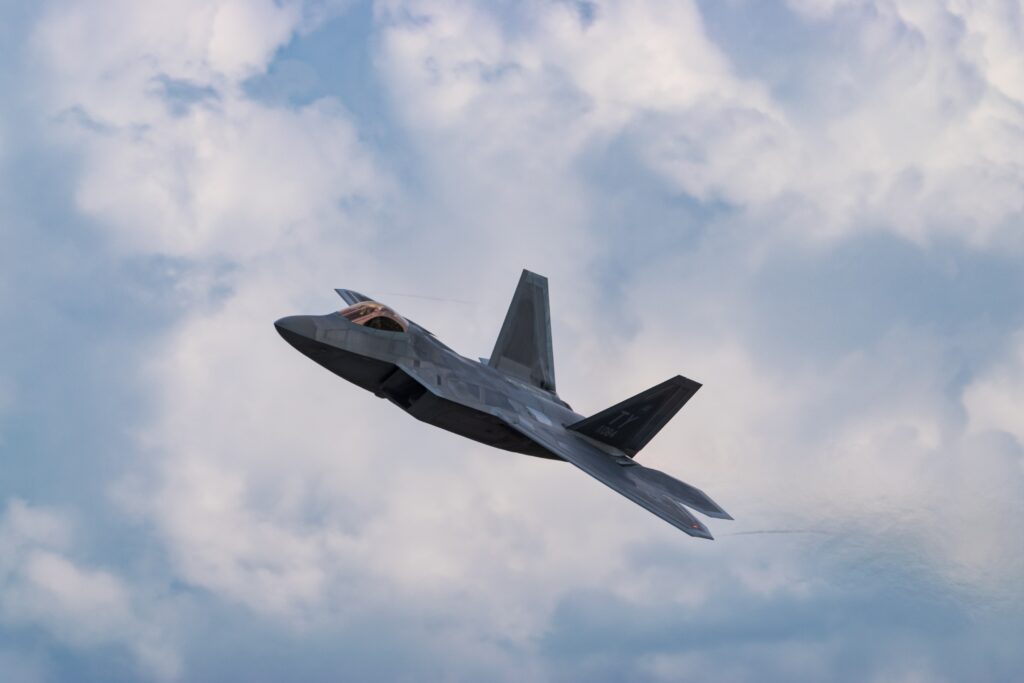
In another context, think about the grassroots movements that emerged during times of conflict, such as the anti-war protests during the Vietnam War. Despite the chaos of war and the emotional intensity of the era, countless individuals came together to engage in civil discourse, voicing their concerns and advocating for peace. Their passionate yet peaceful protests helped shape public opinion, eventually leading to a change in government policy and the eventual withdrawal of U.S. forces from Vietnam. It serves as a testament to the power of civil debate to influence change, even in the face of seemingly insurmountable challenges.
While the chaos of warfare rages on, civil debate stands as a beacon of hope, a powerful tool for understanding, resolution, and, ultimately, peace. It reminds us that even in the most tumultuous times, the ability to engage in thoughtful discourse remains a fundamental aspect of our humanity. Through civil debate, we can navigate the complexities of conflict, seek peaceful solutions, and pave the path towards a more harmonious world.
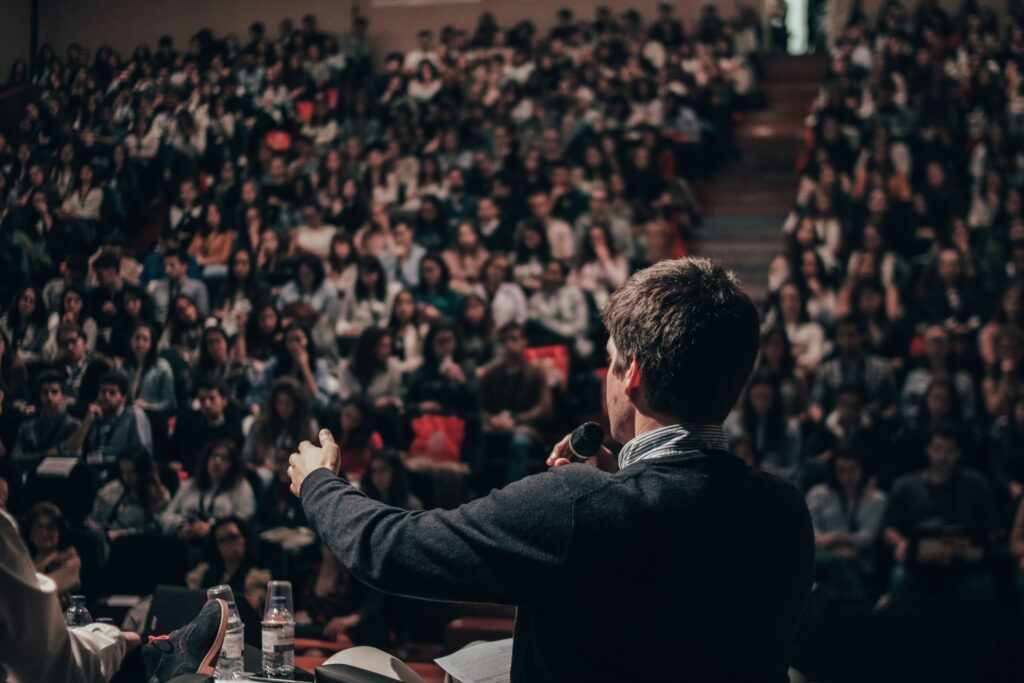
The Power of Civil Debate
Civil debate represents a cornerstone of democratic societies, a space where differing viewpoints can clash without resorting to violence. Even in the darkest hours of war, it plays a pivotal role in shaping the course of events. Here’s why it matters:
1. Promoting Informed Decision-Making:
- War demands difficult decisions from leaders and citizens alike. Civil debate ensures that these decisions are well-informed, thoroughly analyzed, and scrutinized from various angles. It prevents rash actions based on emotion or misinformation.
2. Fostering Accountability:
- In times of war, accountability can be elusive. Civil debate holds leaders responsible for their actions, demanding transparency and justifications for decisions that affect lives and nations.
3. Preserving Human Rights:
- War often brings grave violations of human rights. Civil debate serves as a platform to condemn these violations, advocate for the vulnerable, and demand adherence to international laws and conventions.
4. Encouraging Diplomacy:
- While armed conflict may be underway, diplomacy can still play a pivotal role in conflict resolution. Civil debate reinforces the importance of diplomatic efforts, pushing for dialogue even in the darkest hours.
5. Humanizing the “Enemy”:
- In the fog of war, it’s easy to dehumanize the “other side.” Civil debate humanizes individuals on both sides of the conflict, emphasizing the shared humanity that transcends national boundaries.
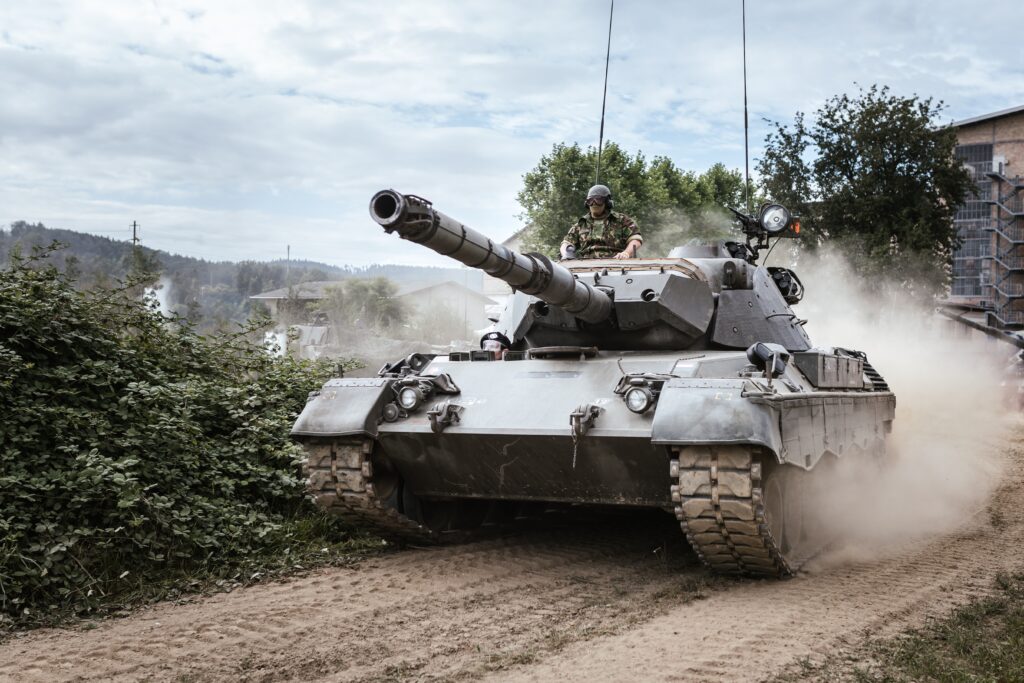
The Challenge of Civil Debate During War
Maintaining civil debate during wartime is no small feat. Emotions run high, and the urgency of the situation can lead to polarized viewpoints. However, history has shown that even in the midst of chaos, voices of reason can prevail.
Consider the story of a wartime debate between two leaders, each representing opposing sides of a conflict. Amidst the chaos of battle, they found common ground during a brief ceasefire. Their exchange of ideas, marked by respectful dialogue and empathy, planted the seeds of a future peace agreement. This narrative underscores the enduring power of civil debate to bridge divides and pave the way for reconciliation.
Our Role as Engaged Citizens
As engaged citizens, it is our responsibility to champion civil debate during wartime. Here’s what we can do:
- Stay Informed: Seek out reliable sources of information and stay informed about the realities of war. Knowledge is the foundation of informed debate.
- Encourage Dialogue: Engage in respectful discussions with others, even those with differing opinions. Embrace the principles of active listening and empathy to bridge divides.
- Hold Leaders Accountable: Demand transparency and accountability from leaders. Ask questions, seek answers, and advocate for ethical conduct during times of conflict.
- Support Diplomacy: Advocate for diplomatic solutions and the pursuit of peace, even in the darkest hours of war. Highlight the importance of dialogue and negotiations.
The Path to a More Peaceful World
In times of war and conflict, when emotions run high and the world seems gripped by turmoil, the importance of civil debate cannot be overstated. Imagine a battlefield where soldiers are entrenched in the heat of battle, where tensions are palpable, and where the very essence of humanity is tested. In such dire circumstances, civil debate may seem like a distant ideal, yet it is precisely during these critical moments that the art of reasoned discourse takes on profound significance.
Consider the historical example of the Cuban Missile Crisis in 1962. The world stood on the brink of nuclear war as the United States and the Soviet Union engaged in a perilous standoff over the placement of nuclear missiles in Cuba. In the midst of this crisis, President John F. Kennedy and his advisors engaged in intense debates within the confines of the White House. These debates were marked by rigorous analysis, differing viewpoints, and a commitment to explore all options before resorting to military action. The result? Diplomacy prevailed, and a catastrophic conflict was averted. Civil debate, even in the most dire circumstances, played a pivotal role in preserving peace.
In another context, think about the grassroots movements that emerged during times of conflict, such as the anti-war protests during the Vietnam War. Despite the chaos of war and the emotional intensity of the era, countless individuals came together to engage in civil discourse, voicing their concerns and advocating for peace. Their passionate yet peaceful protests helped shape public opinion, eventually leading to a change in government policy and the eventual withdrawal of U.S. forces from Vietnam. It serves as a testament to the power of civil debate to influence change, even in the face of seemingly insurmountable challenges.
But civil debate is not just the domain of history; it is a living, breathing force that we can harness today. It’s a reminder that even in the most tumultuous times, the ability to engage in thoughtful discourse remains a fundamental aspect of our humanity. So, I invite you to be part of this critical conversation, to lend your voice to the discourse, and to join the discussions and debates over at www.ww3forum.com.
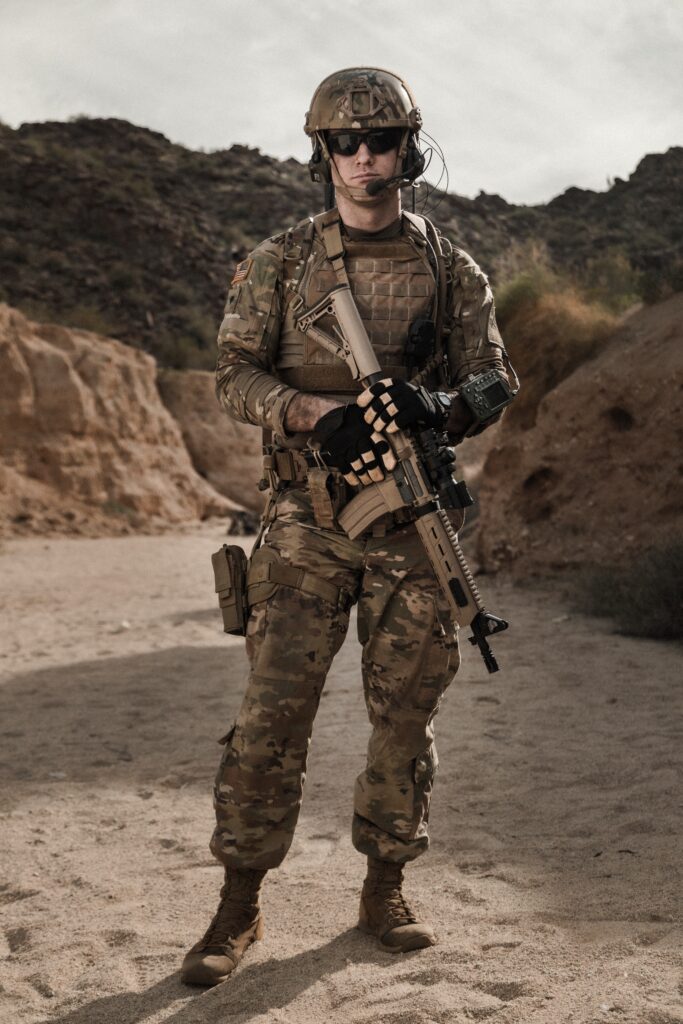
Join the World War III Forum Today!
In our forum, you’ll find a community of engaged citizens who are passionate about understanding and addressing global conflicts. Here, civil debate is not just a concept; it’s a practice that can shape the course of events. Your insights, your perspective, and your commitment to reasoned discourse can make a difference. Together, we can navigate the complexities of conflict, seek peaceful solutions, and pave the path towards a more harmonious world.
Join us today at www.ww3forum.com and be part of the movement to promote understanding, resolution, and peace through civil debate. The world needs your voice now more than ever.
